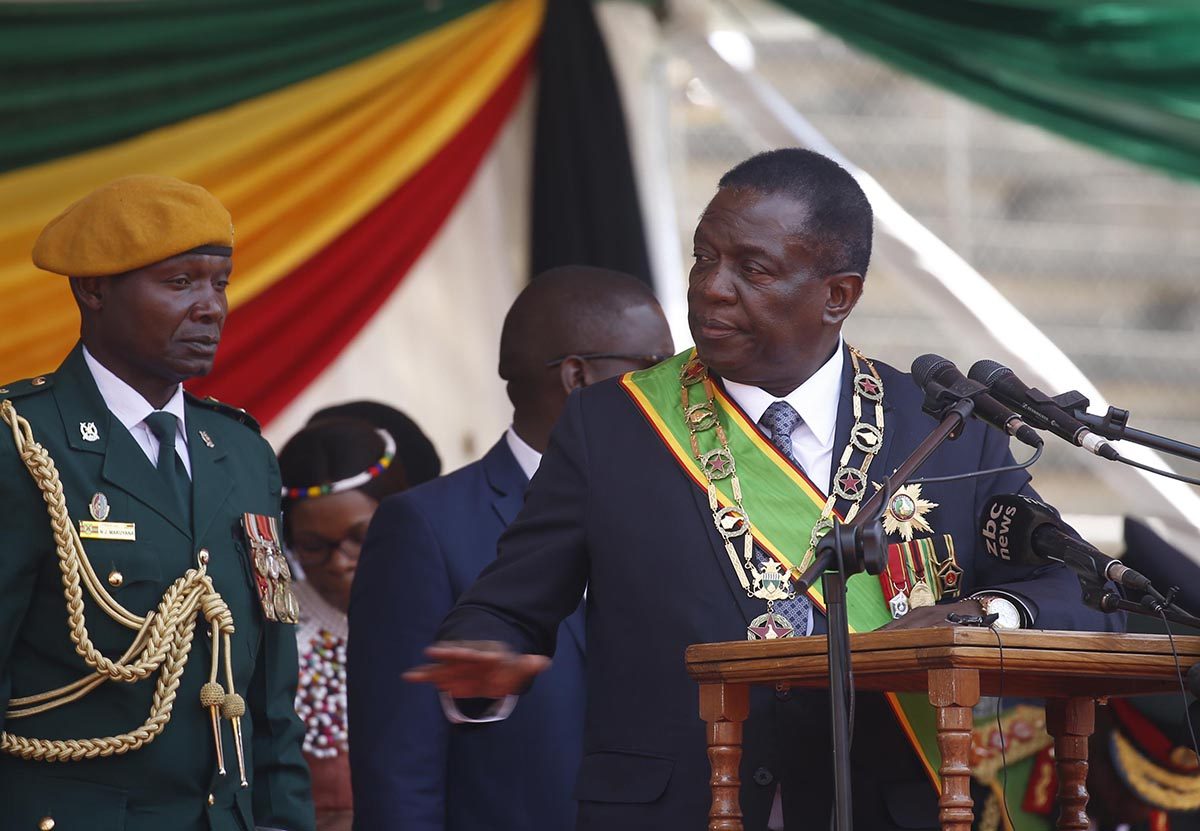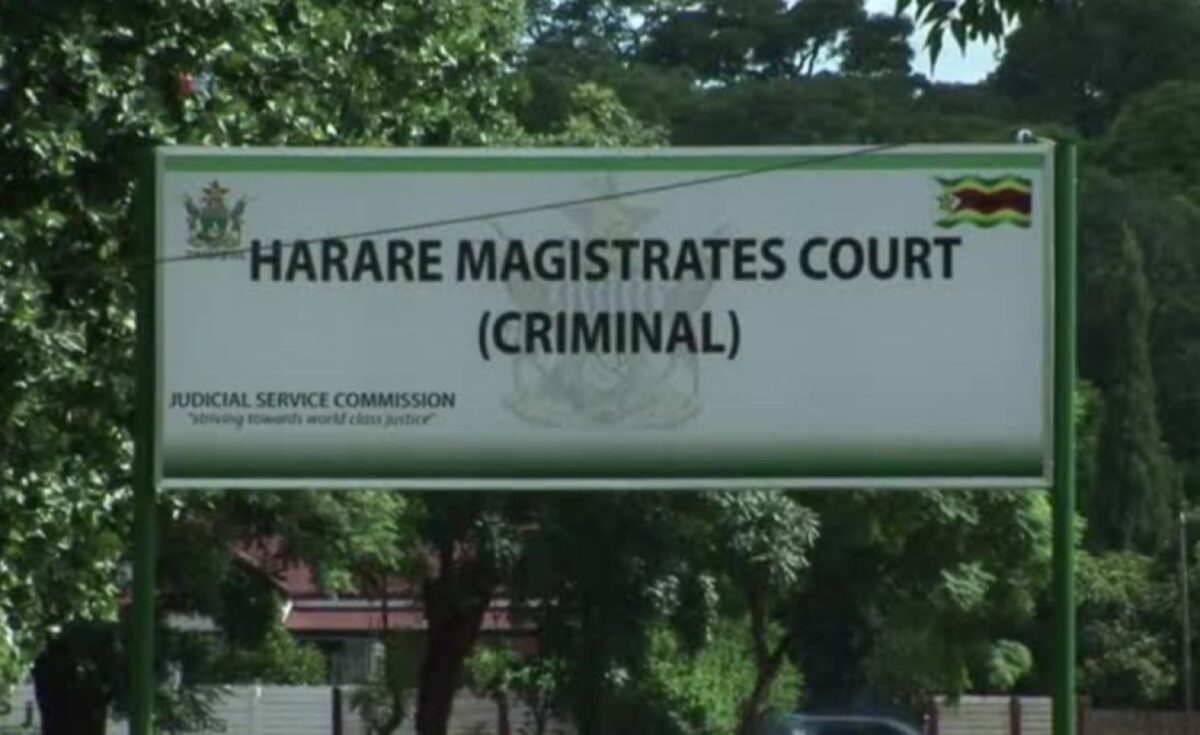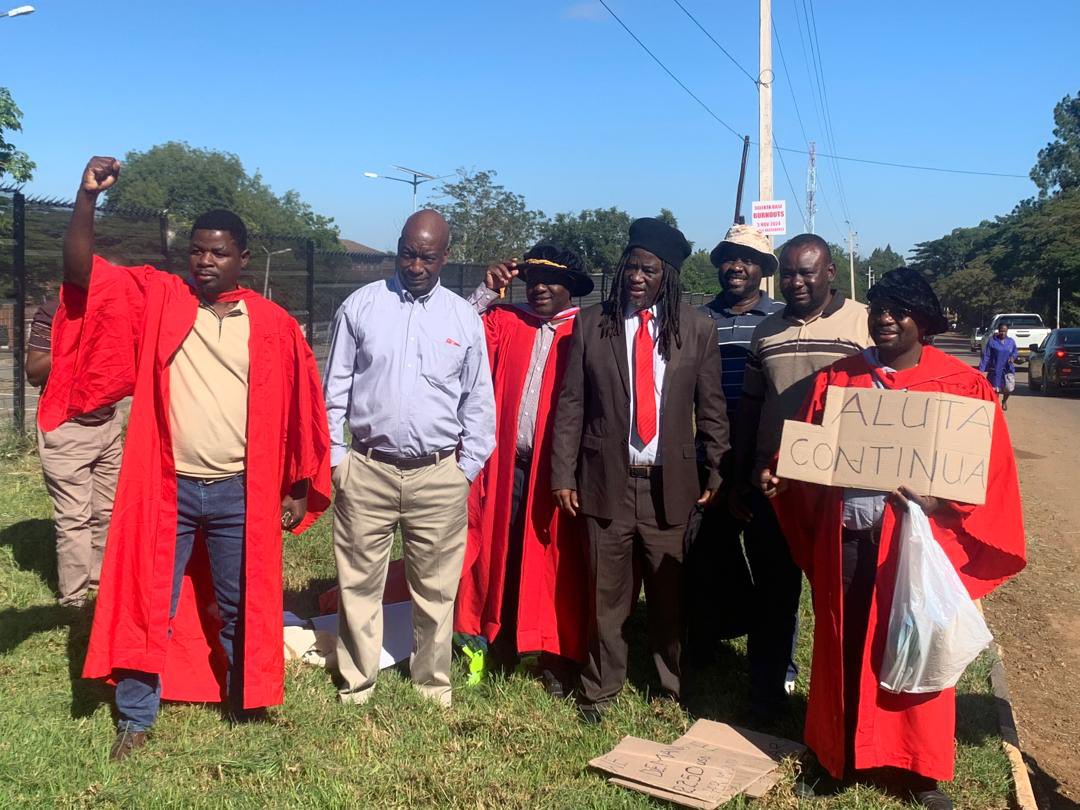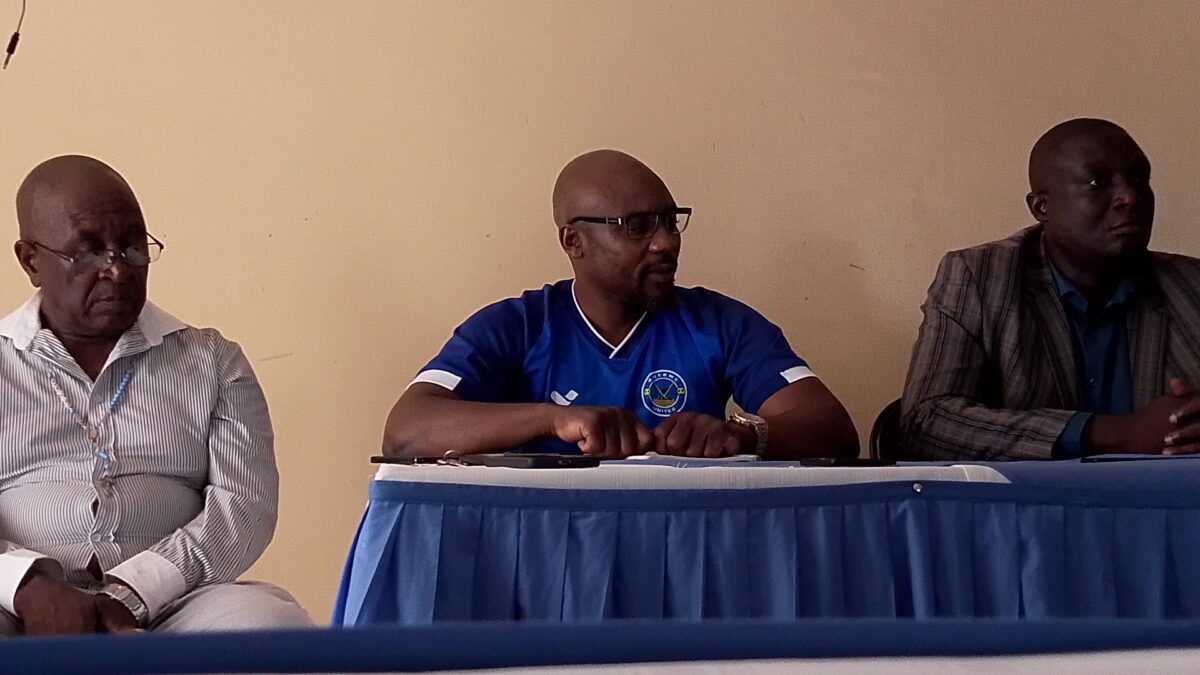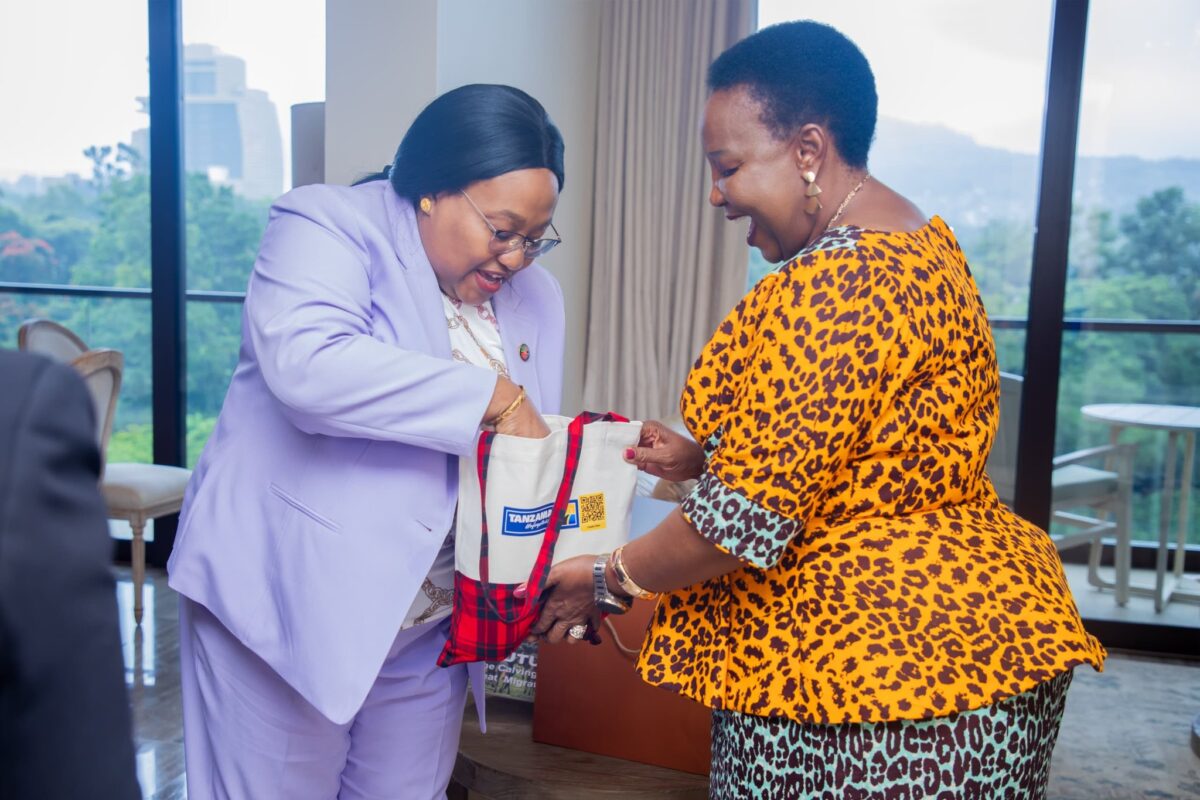HARARE – President Emmerson Mnangagwa on Thursday accused MDC leader Nelson Chamisa of “grandstanding and playing games” for turning down an invitation by the Zanu PF leader to attend a process of “national dialogue” he initiated to resolve the country’s economic and political crisis.
Mnangagwa had invited all his 23 election rivals to the talks at State House, but Chamisa and National People’s Party leader Joice Mujuru were conspicuously absent although the leaders of smaller parties attended.
The MDC said it would only participate in a dialogue mediated by a neutral third party, while demanding that a military crackdown targeting Zimbabweans believed to be behind the fuel protests in January be halted and detainees freed.
Mnangagwa, addressing foreign diplomats at a New Year’s Reception in Harare on Thursday, said “continuous dialogue within our nation is an exercise I’m determined to see through”, but insisted that Chamisa should end his boycott of his process.
“On February 6, I invited the leaders of all political parties and former presidential aspirants in the 2018 presidential elections to an unconditional dialogue aimed at narrowing our political differences and drawing a common socio-economic future and political path for our country,” Mnangagwa said.
“All the presidential candidates who have the maturity and sense of leadership joined us. I call on those who refuse to take part in the national dialogue to stop grandstanding and playing games with the lives of people of Zimbabwe. Let us join together and work for a prosperous and united Zimbabwe.”
Chamisa’s stance that Mnangagwa, whose election victory last July the DC does not recognise, is a “disputant” in the matter and cannot convene a dialogue has been backed by the United States.
The State Department said this week that “the dialogue process must be credible, inclusive, and mediated by a neutral third party”, adding: “In order for such a dialogue to succeed, the government of Zimbabwe should end its excessive violence and intimidation, immediately release the civil society activists who have been arbitrarily detained, and hold security force members responsible for human rights violations and abuses accountable.”
Few however believe Mnangagwa’s government will prosecute soldiers and police officers accused of killing at least 17 people and brutalising over 600 others since January 14. The government has taken a stance that the security forces used proportionate force to quell the protests.
Despite pledges to implement the recommendations of the Motlanthe Commission which investigated the killing of six protesters days after elections on August 1 last year, Zimbabweans have yet to see anyone prosecuted.
That did not stop Mnangagwa though from telling diplomats that his government was taking action.
“Violence has no place in our midst. My administration esteems peace and democracy. We believe that human life is sacrosanct. Violence is a betrayal of the new Zimbabwe. It must be criticised by all parties. It is time to make things right,” Mnangagwa said.
“The implementation of the recommendations of the Motlanthe Commission Report into the August 1 post-election violence is progressing well. Sadly, we yet again witnessed the ugly flare of the scourge of terror and violence throughout the country’s urban centres on January 14 in the disguise of mass protests and demonstrations.
“What was indeed worrisome is the premeditated nature of this unprecedented violence, including active participation by extraneous foreign hands in collaboration with local surrogates, disguised as political, civic, labour, academic and non-governmental groupings.
“The demonstrations were therefore neither civil nor peaceful and were bent on effecting a regime change. There were violent riots: politically motivated, premeditated, well organised and coordinated.
“Let me reiterate that, in the new Zimbabwe, everyone has the right to protest; peacefully. Everyone has the right to voice their opinions, peacefully. And everyone has the right to criticise me and my government; peacefully.
“Following the vandalism, violence and associated looting, the security forces had to step in. What followed is still being investigated. I, however, will be very clear. The army and the police are here to serve the people of Zimbabwe, to protect the people of Zimbabwe, to uphold and enforce the law of Zimbabwe.”
Mnangagwa, facing renewed sanctions from Europe next week, pleaded for more time to implement political reforms his government has pledged to implement. He said Zimbabwe was “battling through growth pains.”
“I urge you to give the new Zimbabwe a chance. Stand with us. Stand with us as we toil to chart a new course for our nation, for the people of Zimbabwe. We are open and transparent; we have nothing to hide,” he pleaded.
“We have opened up the media space and the democratic political space in general. I will remain a listening President. My arms are outstretched and my door is open. We hear your criticisms and when it is fair, the insights are noted or implemented. But we are restructuring, reforming and rebuilding an entire system, an entire nation. Rome was not built in a day.”
In comments which appeared aimed at Western diplomats, in particular the United States and British representatives, Mnangagwa decried what he saw as interference in Zimbabwe’s domestic affairs.
“Allow me to state that, as a constitutional government, we abhor any ill-conceived machinations which negate every grain of international law and in particular the upholding of the principle of sovereignty and non-interference in the domestic affairs of other states. Zimbabwe abides by this principle and expects all nations to do the same,” he said.

